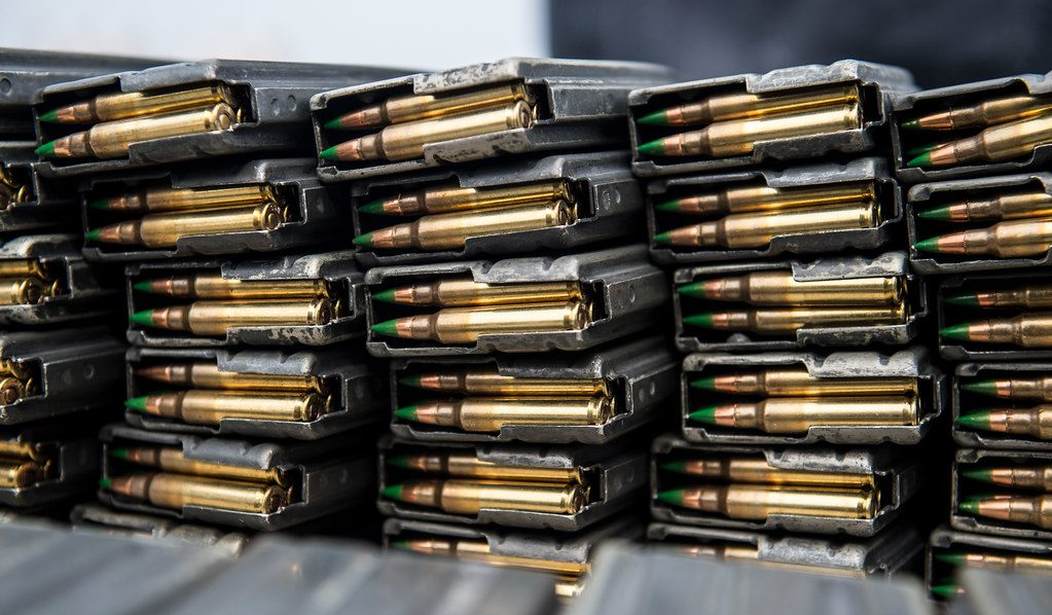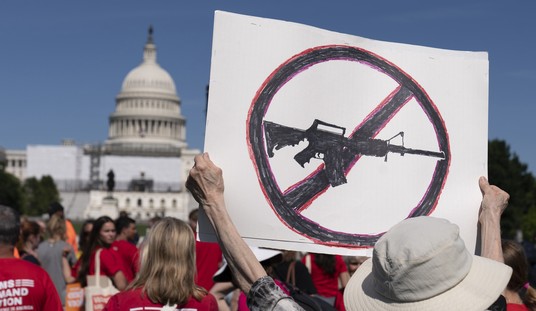In 2013 Colorado lawmakers approved a ban on the sale and purchase of “large capacity” magazines; in this case defined as ammunition magazines that can accept more than 15 rounds. The ban hasn’t done anything to improve public safety, with violent crime in Colorado rising almost every year since the ban was imposed alongside a “universal background check” measure. And now the ban may soon be disappearing; not because Democratic lawmakers have seen the light, but thanks to a new lawsuit filed in federal court challenging the constitutionality of the ban itself.
The National Foundation for Gun Rights and two individual plaintiffs have a very good chance of winning their case, but so far Democratic politicians in Colorado are trying to sound optimistic about the law being upheld.
The Governor’s Office maintains that Bruen won’t affect gun laws in Colorado.
“This decision should not impact any of Colorado’s statewide gun safety laws because Colorado state law does not contain ‘proper cause’ requirements for concealed carry permits, which was the focus of the Supreme Court decision,” said Conor Cahill, the governor’s spokesman.
When asked whether Denver’s strict gun regulations might be considered unconstitutional under Bruen, Denver Mayor Michael Hancock replied, “We’re confident our regulations are constitutional, but the Supreme Court’s ruling striking down long-standing, responsible and common sense regulations in New York is deeply troubling.”
He added there is “no reason why weapons of war should be available for sale in this country or responsible and legal restrictions on access to guns should be struck down.”
The governor’s spokesman is going to be sorely disappointed if he truly believes that the Supreme Court’s decision in Bruen won’t have an impact on any of the state’s gun control laws. While the issue in Bruen was New York’s “may issue” concealed carry licensing regime, the Court laid out in very specific terms the legal test that courts must use when considering the constitutionality of all gun control laws going forward; first determining if the law in question does impact the right to keep and bear arms, and then looking at the history and tradition of the right in U.S. history to find evidence that the challenged law has a longstanding historical analogue.
That test has already been used in Colorado, which makes the comment by Polis’ spokesman even more bizarre. Just a few days ago a federal judge in Colorado granted a temporary injunction against the town of Superior’s ban on so-called assault weapons, saying in his decision that he’s found no evidence of similar bans against commonly-owned firearms.
Despite the confidence expressed by the governor’s office and the Denver mayor, one Second Amendment scholar and attorney based in Colorado believes that several gun control laws imposed at the state and local level are ripe for review.
Attorney David Kopel, director of research at the Independence Institute, a Denver-based libertarian think tank, described Bruen as something of a smack-down of the lower federal courts. He said that, since Heller, courts have been concocting their own versions of a two-part means-ends analysis that weighs the rights of gun owners against the needs of the government to control guns. Kopel is a gun rights expert whose scholarly work has been cited in several U.S. Supreme Court gun cases, including Bruen.
Colorado’s magazine ban law has been previously challenged in state courts by RMGO, resulting in a 2020 ruling by the Colorado Supreme Court upholding the ban.
In its ruling, Kopel said, the state Supreme Court completely ignored Colorado’s state constitutional protection of gun rights, saying instead that the state can regulate firearms under its “inherent police power” so long as the regulation is “reasonably related to a legitimate governmental interest such as the public health, safety or welfare.”
“We reject the contention that U.S. Supreme Court decisions interpreting the Second Amendment to the U.S. Constitution control our analysis,” the state court concluded.
Critics of that decision argue that this disregard for U.S. Supreme Court precedents is likely to result in federal courts overturning such local laws.
As it should. I’d say that 2020 state Supreme Court ruling has been rendered largely moot by the Supreme Court’s decision in Bruen, and I’m very curious to see how the federal courts respond to this latest legal challenge. Colorado Democrats can boast all they want that their laws are constitutional, but unless and until they can point to similar (and longstanding) bans on commonly-owned arms in the past, I don’t think they have a legal leg to stand on.








Join the conversation as a VIP Member